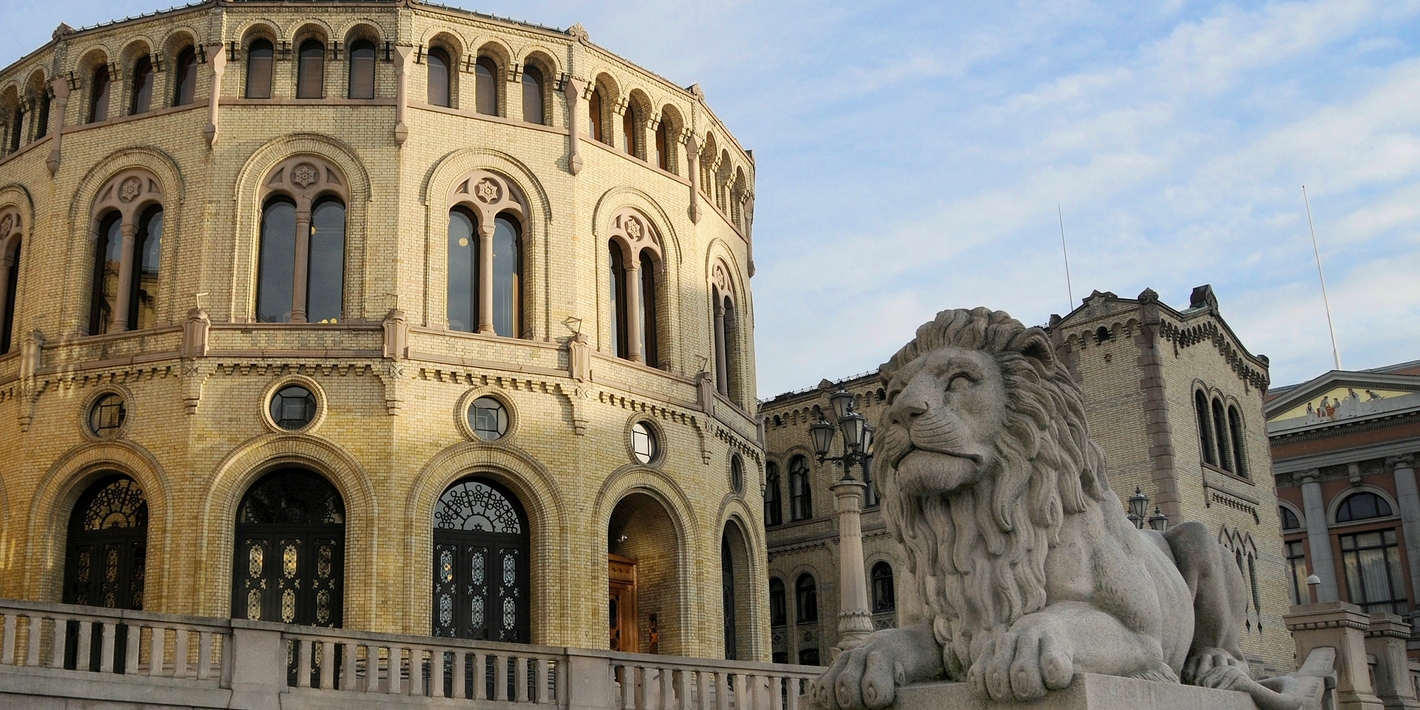Equinor (then Statoil) was partially privatised and listed on the Oslo and New York stock exchanges in June 2001, and the company was converted from a private limited company to a public limited company.
With a holding of 67%, the Norwegian state is the main shareholder in Equinor. The owner interest is managed by the Ministry of Trade, Industry and Fisheries. The Norwegian State is eager to communicate its expectations to companies in which it has interests, and to communicate to society how the state is to act as owner.
The Norwegian State emphasises that state-owned companies must comply with principles for good corporate governance.
The Ministry of Trade and Industry’s Ownership Department has cooperated with key players to develop “The Norwegian Code of Practice for Corporate Governance”.
White paper No. 22 (2001—2002) provided 10 principles for good corporate governance of companies in which the state is shareholder:
The Norwegian state's principles for good corporate governance
- Shareholders shall be treated equally.
- There must be transparency in state ownership of companies.
- Owner decisions and formal resolutions shall be made/adopted at the annual general meeting.
- The state will, together with other owners if applicable, set performance targets for the companies; the board is responsible for the targets being achieved.
- The capital structure shall be consistent with the purpose of ownership and the company’s circumstances.
- The composition of the board shall be characterised by competence, capacity and diversity and reflect the distinctive character of each company.
- Pay and incentive schemes should be designed to promote value creation in the companies, and they should be perceived as reasonable.
- On behalf of the owners, the board shall exercise independent control of the company’s management.
- The board should have a plan for its own work and it should work actively on developing its own competence. The board’s activities shall be evaluated.
- The company shall be aware of its responsibilities to society at large.
More information about the state’s views on corporate governance can be found in an extract of the Norwegian state’s ownership report, available below.
